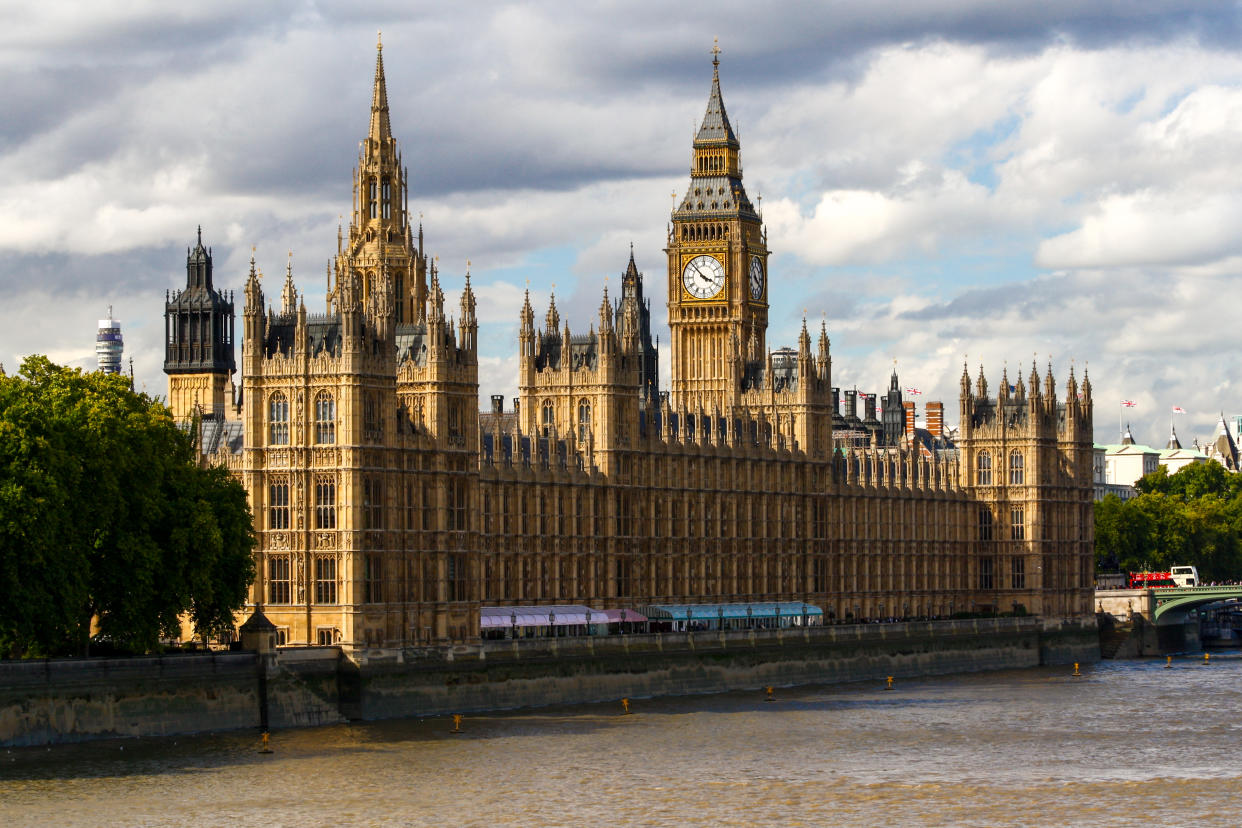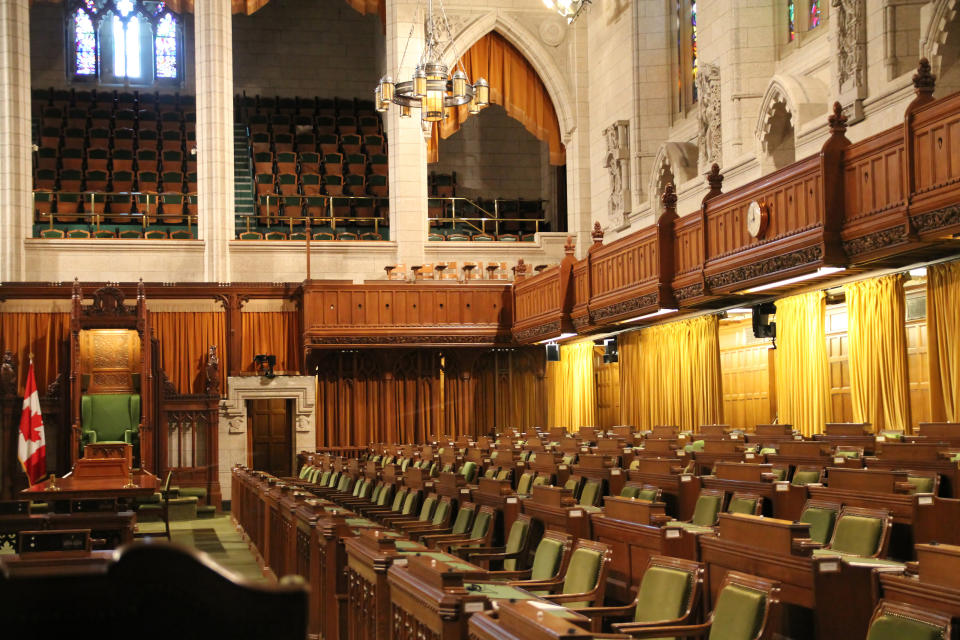General election 2019: What is a minority government?

As the December 12 general election gets closer and closer, speculation is rife over what the result could be.
If one party gains a majority it would keep things fairly simple. Or if there’s a hung parliament, we could see another coalition where two parties make a deal to form a majority together.
Another alternative is a minority government.
What is a minority government?
A minority government is a government formed by a political party that doesn’t have an overall majority of MPs in the House of Commons.
That means rather than form a coalition with another party, a party can decide to govern alone.

If a proposed government wins a confidence vote in parliament, it can become the government.
However, a minority government does need the support of MPs from other parties to pass any legislation. That’s still possible though, as other parties can support a government without actually being part of it.
Read more: What is tactical voting and is it allowed in the UK?
But why would other parties support a minority government?
There could be a range of reasons.
The supporting party might think the resulting government is still the best option on the table - especially over going back to the polls.
It may also be a move designed to keep another party out of power.
Supporting a minority government might also enable smaller parties to negotiate some concessions, which makes it a worthwhile move.
Has the UK had a minority government before?
The UK has been operating with a minority government since the 2017 general election.
Before the dissolution of parliament on November 6, 2019, the Conservatives held 298 seats - 28 seats short of the number needed to form a majority government.
This is one of the reasons we are having a general election in 2019, after PM Boris Johnson struggled to get his Withdrawal Deal through parliament without a majority.
Johnson called a snap election with the hope of winning more seats and securing a majority for the Conservatives.
In 1974 Harold Wilson led a minority Labour government for seven months before calling an election and winning a small majority.

More recently, in 1996 and 1997 John Major’s government became a minority government after losing seats due to defections and by-election defeats.
At the 1997 general election the Conservatives couldn’t gain a majority and so formed a coalition with the Liberal Democrats instead of forming a minority government.
Read more: What is an exit poll? How result will be predicted on 2019 general election day
Can other countries have minority governments?
Yes, they can. In Denmark there have been more minority governments than single-party majority governments since the Second World War.


